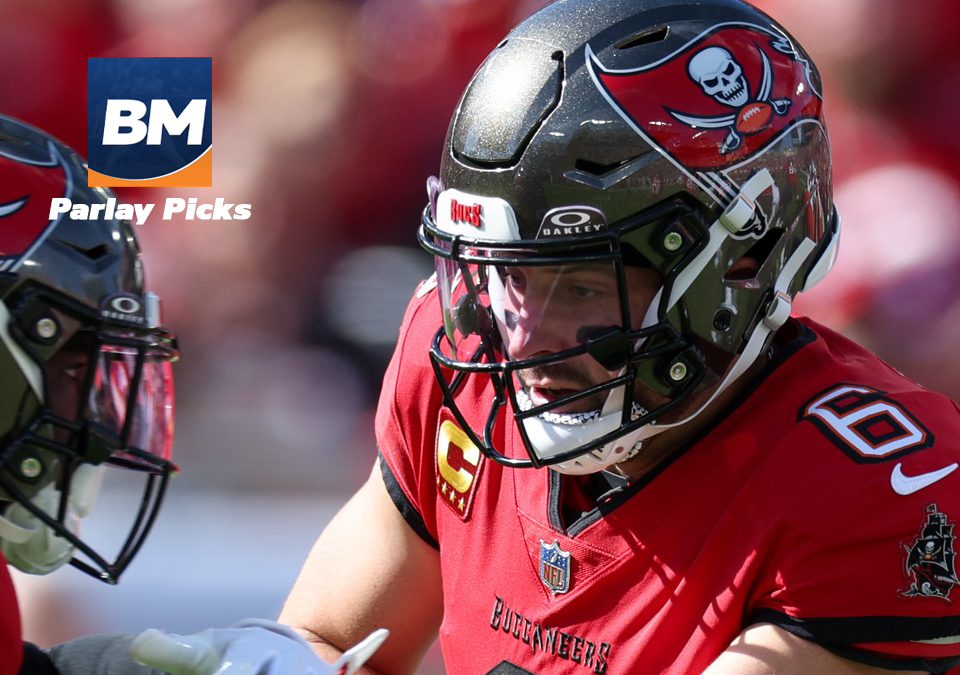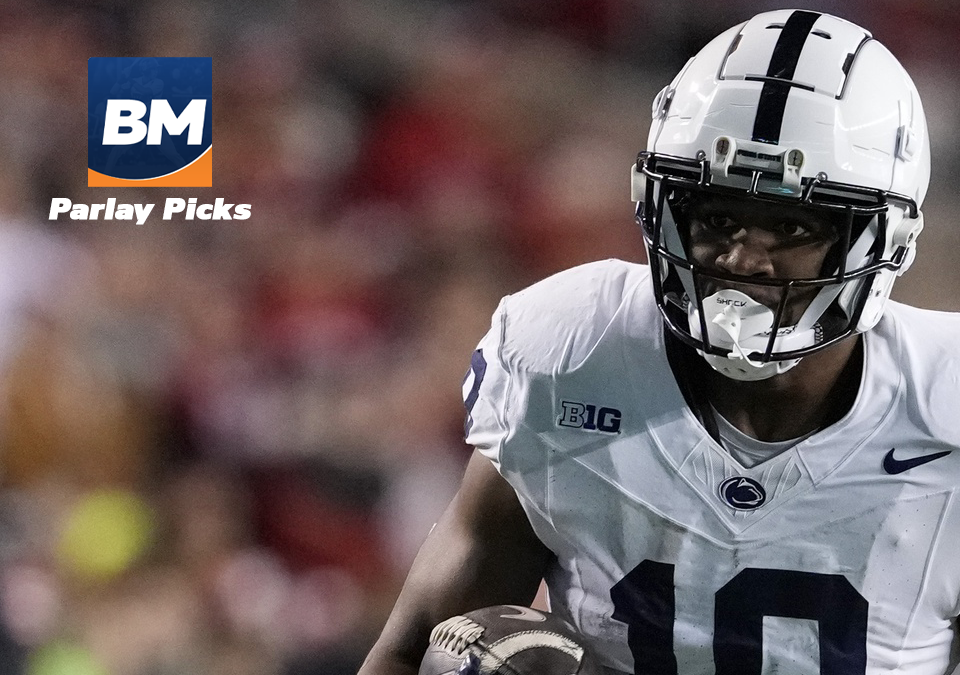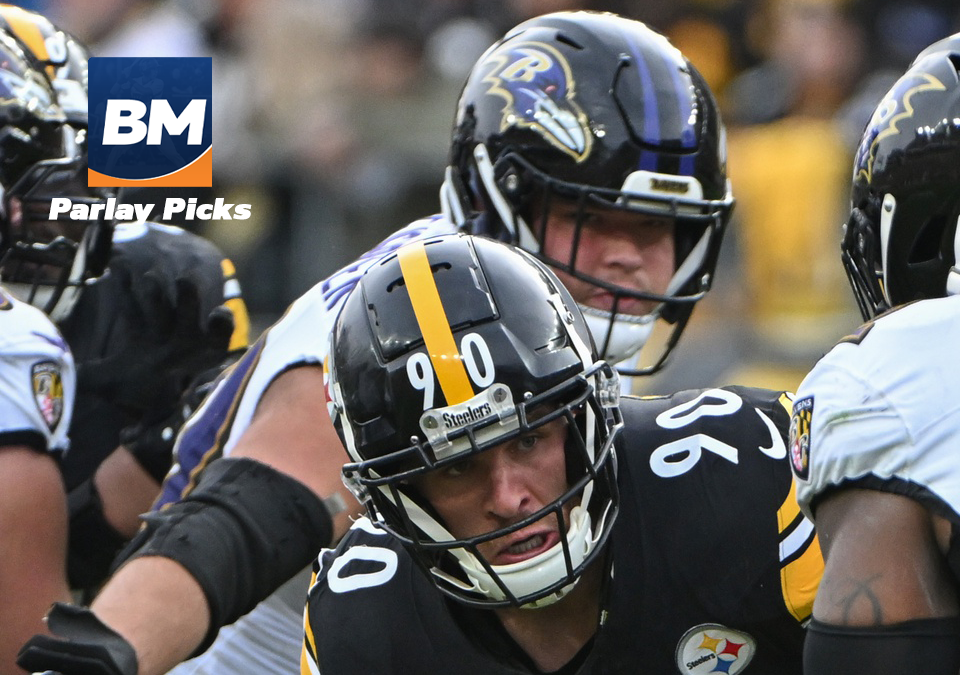
Sporttrade Goes Live in Colorado
August 30, 2023
Week 1 College Football Teaser Best Bets
August 31, 2023Operators of sports betting in Ontario will no longer be permitted to use athletes, celebrities, or specific social media influencers in any of their promotional initiatives as of February 2024. In order to forbid the use of athletes in internet gaming advertising and marketing in Ontario, the Alcohol and Gaming Commission of Ontario (AGCO) stated that it had amended its Registrar’s Standards for Internet Gaming. On February 28, 2024, the new advertising limitations will take effect. That will mean no more advertisements for athlete and celeb sports betting. The limitation, which forbade sports betting commercials starring athletes, reality television stars, and social media influencers in 2022, is identical to the AGCO restriction.
The AGCO claims that the commission has determined that celebrity and athlete-based marketing and advertising strategies that target minors pose a risk of harm to people who are under the legal gaming age and is taking steps to mitigate that risk. The commission held public hearings in April 2023 to solicit input on its proposal to outlaw these commercials. A wide range of parties, including mental health and public health organizations, responsible gaming experts, gaming operators, broadcast and marketing groups, and the general public, submitted comments.
According to Tom Mungham, Registrar and CEO of AGCO, “Children and youth are heavily influenced by the athletes and celebrities they look up to. We’re therefore increasing measures to protect Ontario’s youth by disallowing the use of these influential figures to promote online betting in Ontario.” The new guidelines forbid operators from employing athletes in their marketing and advertising for iGaming, whether they are still competing or have retired.
The limitations imposed on the registrar are as follows:
- Use or include imagery that is likely to appeal to children, such as cartoon characters, symbols, role models, social media influencers, or performers. (This prerequisite has changed.)
- Use of active or retired athletes who have agreements or arrangements made directly or indirectly between an athlete and a gaming operator or supplier in marketing and advertising is prohibited unless they are only used to promote responsible gambling. (This demand is brand-new)
- Entice or draw in participants who may pose a considerable danger. As an alternative, steps must be taken to restrict marketing communications to all known high-risk participants. (This prerequisite has changed.)
The AGCO claims that the new limitations will aid in enlarging and strengthening “the current standard that, prior to this revision, barred the use of advertising and marketing content with a “main attraction to minors”.”
The question that many people are asking is whether these types of restrictions will come to the United States. Will the United States enact comparable, or even worse, restrictions on commercials when Ontario moves to limit sports betting ads?
Congressman Paul D. Tonko (D-NY) presented a measure earlier this year to outlaw all electronic and online sports betting advertising. The “Betting on Our Future Act” aims to outlaw sportsbook advertising on all electronic communication channels. Despite the bill’s lack of progress in Congress, it demonstrated that federal politicians were aware of the need to legalize sports betting marketing and advertising. Tonko recently spoke at the Saratoga Racing and Gaming Conference and promised to continue advancing the legislation.




